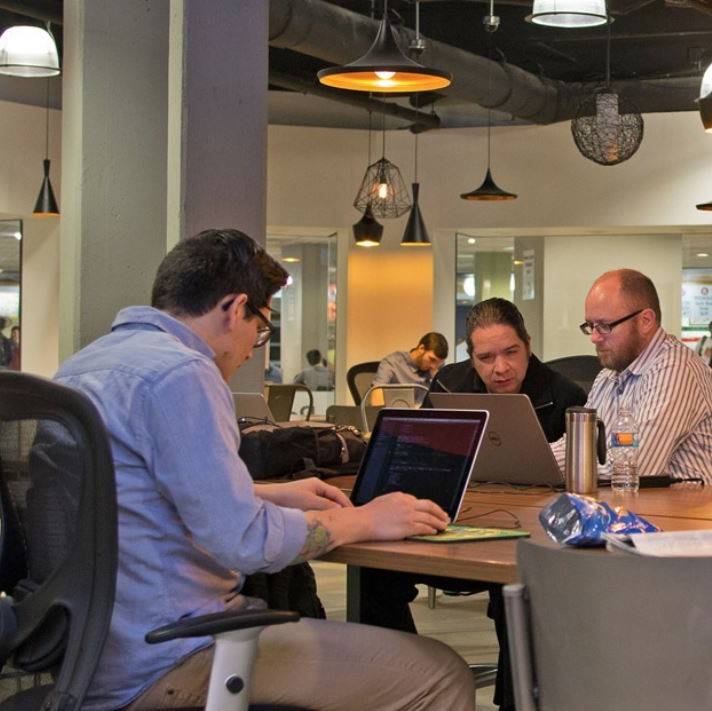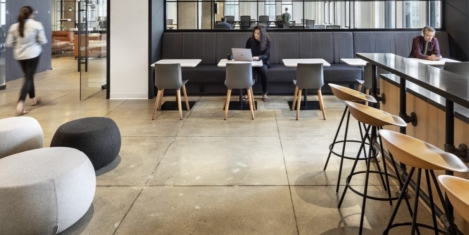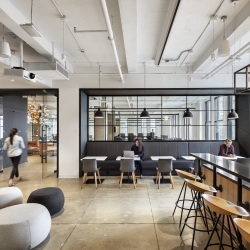To provide the best experiences, we use technologies like cookies to store and/or access device information. Consenting to these technologies will allow us to process data such as browsing behaviour or unique IDs on this site. Not consenting or withdrawing consent, may adversely affect certain features and functions.
The technical storage or access is strictly necessary for the legitimate purpose of enabling the use of a specific service explicitly requested by the subscriber or user, or for the sole purpose of carrying out the transmission of a communication over an electronic communications network.
The technical storage or access is necessary for the legitimate purpose of storing preferences that are not requested by the subscriber or user.
The technical storage or access that is used exclusively for statistical purposes.
The technical storage or access that is used exclusively for anonymous statistical purposes. Without a subpoena, voluntary compliance on the part of your Internet Service Provider, or additional records from a third party, information stored or retrieved for this purpose alone cannot usually be used to identify you.
The technical storage or access is required to create user profiles to send advertising, or to track the user on a website or across several websites for similar marketing purposes.
 The European Commission has approved more than €380 million of funding for 168 new projects across Europe as part of its LIFE Programme for the environment and climate action. As part of the European Green Deal, it believes that the projects funded can help the EU become climate-neutral by 2050 and reach climate, energy and environmental goals. They aim to support biodiversity, nature restoration and a circular economy while contributing to the clean energy transition across the continent. (more…)
The European Commission has approved more than €380 million of funding for 168 new projects across Europe as part of its LIFE Programme for the environment and climate action. As part of the European Green Deal, it believes that the projects funded can help the EU become climate-neutral by 2050 and reach climate, energy and environmental goals. They aim to support biodiversity, nature restoration and a circular economy while contributing to the clean energy transition across the continent. (more…)

































November 23, 2022
The unspoken privilege of wellbeing
by Stephanie Fitzgerald • Comment, SF, Wellbeing